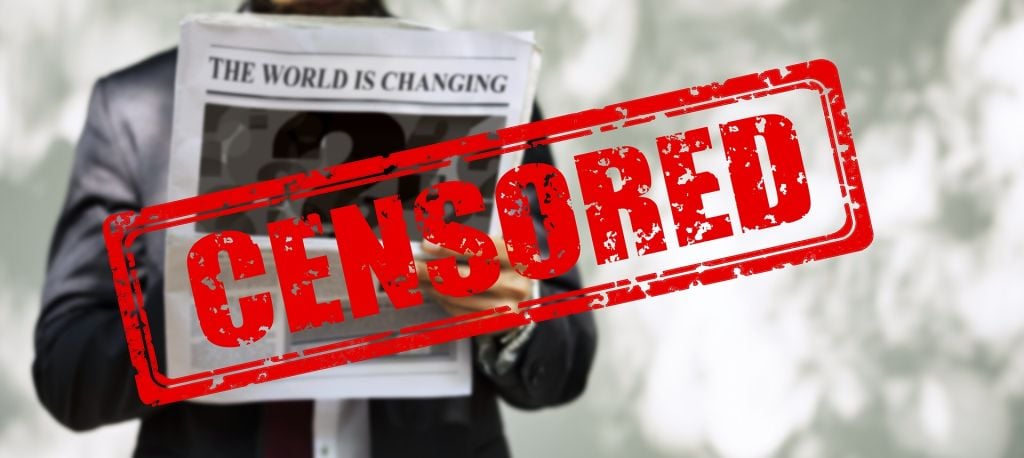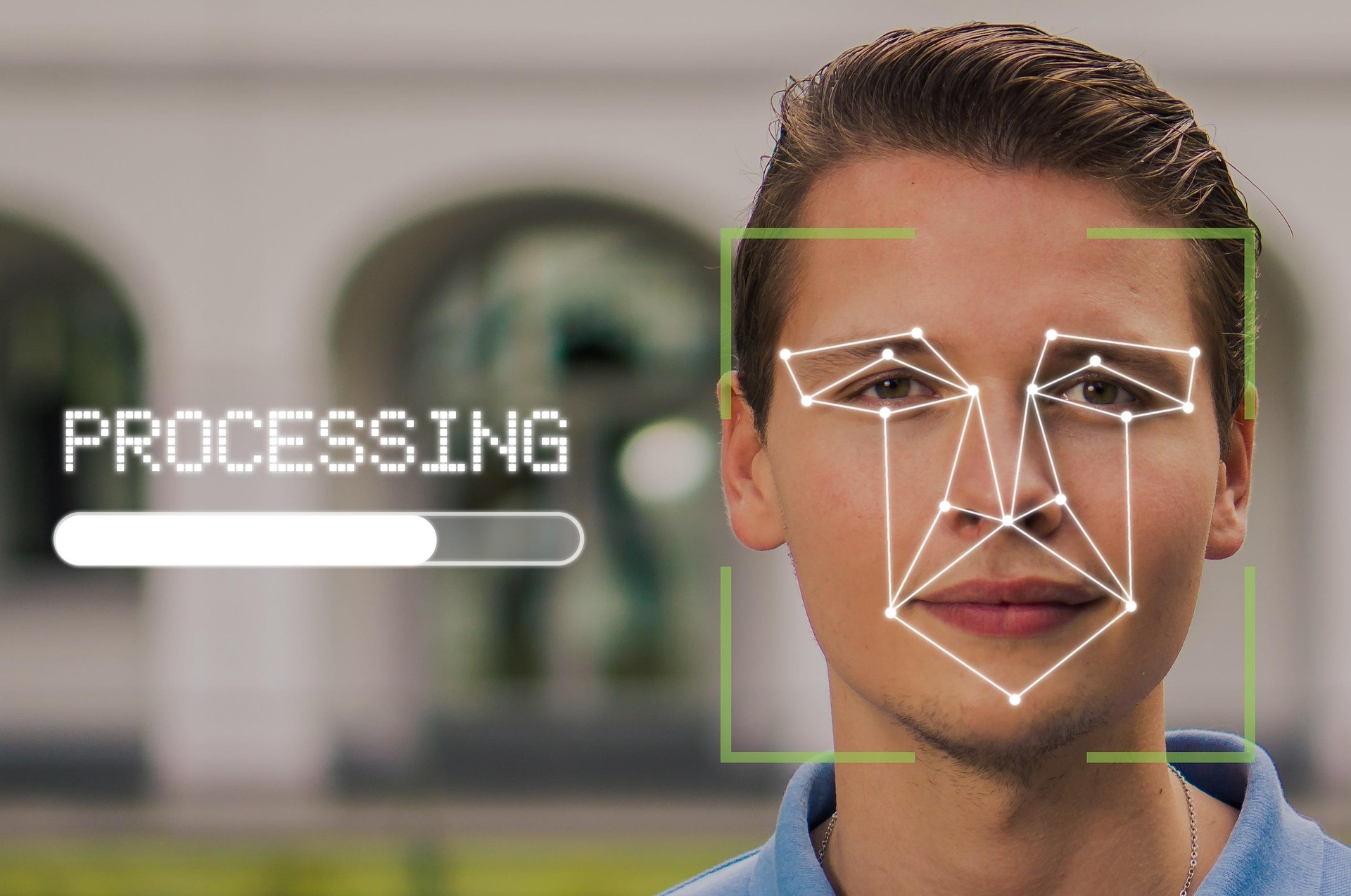The internet was supposed to be a free space — a global network where information flows without borders. But in reality, governments around the world have found ways to control what people can see online. From blocking social media platforms to shutting down independent news sites, censorship is a reality for millions of internet users today.
But here’s the thing: the internet always finds a way. And one of the most effective tools people use to fight back against censorship is a VPN (Virtual Private Network). If you’ve ever wondered how VPNs help you slip past government blocks — and, just as important, how to do it safely without drawing unwanted attention — this guide is for you.

Image Credit: Pixabay under Creative Commons
Why Governments Censor the Internet
Before we talk about VPNs, let’s understand the “why.” Governments usually censor the internet for a few reasons:
-
Political control – Preventing citizens from accessing opposition news, protests, or criticism.
-
Social control – Blocking sites they claim are “immoral” or against cultural norms.
-
National security – Restricting communication tools during protests or unrest.
-
Economic protectionism – Pushing people to use local apps and services instead of foreign ones.
Examples are everywhere: China’s Great Firewall, Iran blocking Western social media, or countries that ban WhatsApp, Signal, or Telegram during election periods.
Where VPNs Come In
So, where does a VPN fit in this censorship puzzle?
At its core, a VPN encrypts your internet traffic and routes it through servers in another location. Instead of your government seeing you trying to visit a blocked site, all they see is encrypted data going to a VPN server. From there, the VPN server fetches the website and delivers it back to you.
It’s like sending your internet traffic through a secret tunnel that bypasses the checkpoints.
How VPNs Actually Bypass Blocks
Governments often use two main methods to censor the web:
-
DNS blocking – They stop your internet provider from resolving a blocked domain.
-
IP blocking or deep packet inspection (DPI) – They block the actual IP addresses of services or analyze traffic patterns to detect forbidden content.
Here’s how VPNs counter those tactics:
-
Encryption Masks Content
With VPN encryption, your ISP or government can’t see which site you’re visiting. They only see that you’re connected to a VPN server. -
IP Masking Tricks the Blocks
Instead of connecting directly to a banned site, you connect to a VPN server in another country. That server fetches the content, so the censorship filters can’t block you easily. -
Overcoming DPI
Some advanced VPNs use obfuscation technology, which disguises VPN traffic to look like normal HTTPS browsing — making it harder for governments to detect and block.
Staying Safe While Using VPNs Against Censorship
Bypassing government censorship isn’t just about convenience — in some countries, it’s risky. That’s why you need to be smart about it.
1. Choose the Right VPN
Not all VPNs work in heavily censored countries. Free VPNs are often blacklisted quickly and can even leak your data. Look for features like:
-
Obfuscated servers (also called “stealth mode”).
-
A proven no-logs policy.
-
Kill switch (to prevent leaks if the VPN disconnects).
Providers like ExpressVPN, NordVPN, and ProtonVPN are often mentioned for censorship-heavy regions.
2. Enable Obfuscation
If your VPN supports it, turn on obfuscation or “stealth mode.” This disguises VPN traffic as regular HTTPS traffic, which is crucial in countries that use deep packet inspection.
3. Use Mobile Data Cautiously
Governments sometimes monitor mobile networks more aggressively than broadband. If possible, use Wi-Fi with a VPN for safer browsing.
4. Turn On the Kill Switch
This feature ensures that if your VPN connection drops, your internet traffic doesn’t fall back to your regular ISP. Without it, you could be exposed without realizing.
5. Don’t Talk About It
This may sound obvious, but in restrictive countries, openly discussing VPN use can attract unwanted attention. Use it quietly and discreetly.
Risks of Using VPNs in Censored Countries
It’s important to be honest here: in some places, using a VPN is illegal. That means getting caught could lead to fines or even jail time.
Risks include:
-
Connection detection – Even if they can’t see what you’re doing, authorities may see you’re using a VPN.
-
Blocked VPN services – Some governments actively blacklist known VPN servers.
-
Fake VPN apps – Malware disguised as free VPNs is common in censored regions.
That’s why safety is just as important as functionality when picking and using a VPN.
Alternatives When VPNs Don’t Work
Sometimes, governments get aggressive and block most major VPNs. In those cases, you can try alternatives:
-
Tor Browser – Routes traffic through multiple encrypted relays. Slower, but powerful for anonymity.
-
Shadowsocks / V2Ray – Tools originally developed to beat the Great Firewall in China.
-
Smart DNS Services – Less secure, but can unblock sites by rerouting DNS queries.
-
Psiphon – A free, open-source tool built for censorship circumvention.
VPNs are usually the easiest to set up, but having backups is smart.
Real-World Stories of VPNs vs. Censorship
-
China – The Great Firewall blocks thousands of sites, but VPNs with obfuscation still allow people to access WhatsApp, Google, and foreign news.
-
Iran – During protests, social media platforms are often shut down. VPN usage spikes massively, allowing activists to stay connected with the outside world.
-
Russia – Authorities ban VPN providers regularly, but new servers and stealth technologies keep popping up, making it a cat-and-mouse game.
In each case, VPNs provide a digital lifeline — not just for entertainment, but for communication and free speech.
Tips to Stay Under the Radar
Here are some simple habits that can make a big difference:
-
Don’t always connect to the same VPN server. Rotate servers to avoid patterns.
-
Stick to HTTPS websites. Even with a VPN, HTTPS adds another layer of protection.
-
Avoid suspicious free VPNs. If a VPN isn’t charging you, chances are you are the product.
-
Keep your VPN updated. New versions often include fresh obfuscation techniques.
Final Thoughts
VPNs are more than just tools for watching Netflix from another country — they’re a lifeline in places where governments try to control information. By encrypting your traffic, masking your IP, and bypassing censorship filters, VPNs help restore the free and open internet.
That said, using a VPN in a censored country isn’t something to take lightly. You need to pick the right provider, use the right settings, and always keep security in mind.
Think of it this way: censorship is like a locked gate on the road. A VPN is the secret underground tunnel that lets you bypass it. Just make sure the tunnel is secure — and that nobody notices you going in.




